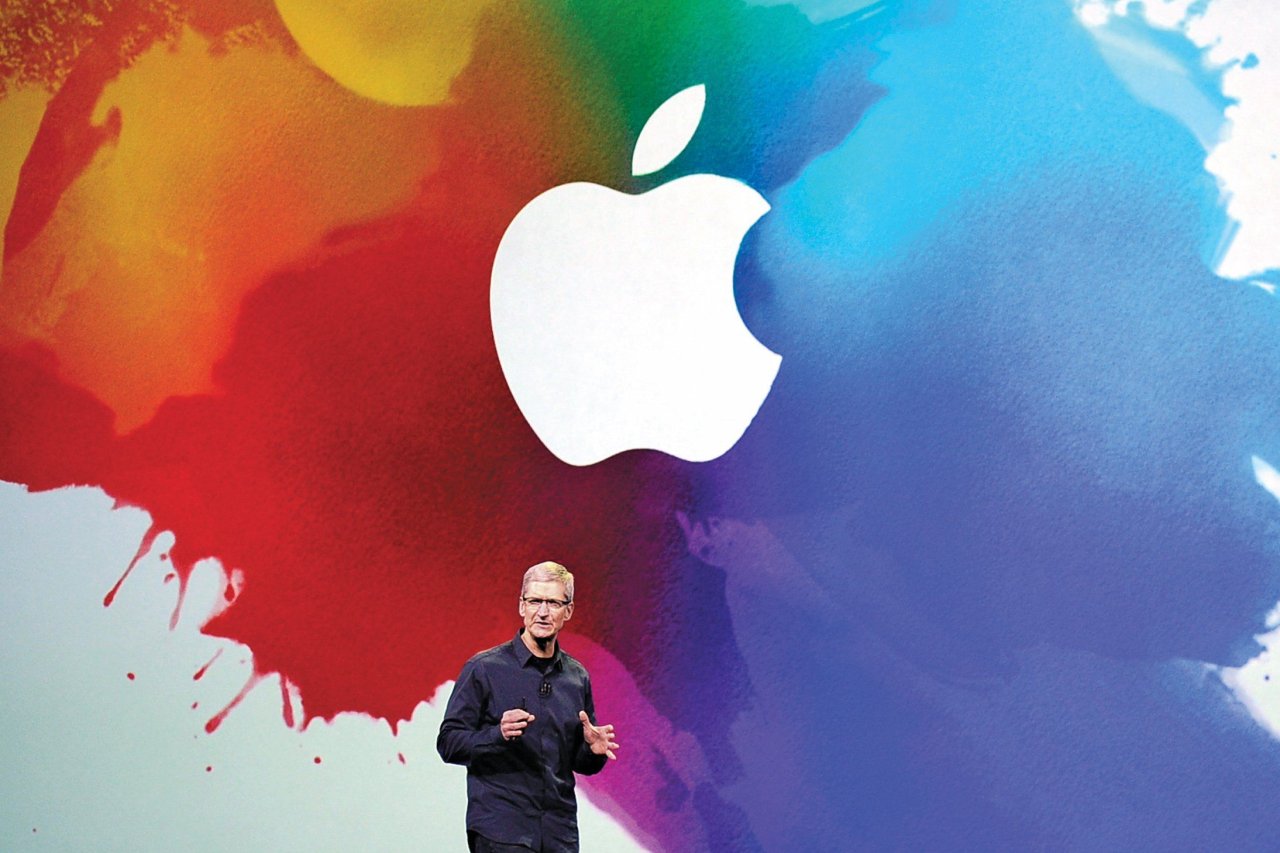When Google chairman Eric Schmidt showed up at 10 Downing Street last week to discuss tax reform with David Cameron, he had to leave through the back door. The press and the opposition were in a lather over reports that Google—whose chairman sits on the U.K. prime minister's Business Advisory Council—had paid only a few million pounds of corporation tax on billions in profits it had racked up in the U.K. Said Lord Oakeshott, a Liberal Democrat peer: "How can David Cameron possibly not see how outrageous it is to keep Mr. Schmidt on his business advisory group when Google is making a mint and paying pennies in tax in Britain?"
As the CEOs of many of America's largest and most admired companies have waded into public debates, the same kind of rough treatment has been meted out, and for largely the same reason. In recent years, the pursuit of lower taxes—using tools like offshore accounts, loopholes, and shell companies—has become a pathology for large companies. Corporate profits have never been higher in the U.S., but corporate tax receipts as a percentage of gross domestic product have been falling steadily. The $242 billion in corporate income taxes collected in fiscal 2012 was less than 10 percent of total federal revenue.
"Apple has become the largest corporate income-tax payer in the U.S.," Cook protested.
You don't have to be a Harvard MBA to connect the dots between epic corporate tax avoidance and their leaders' poor public reception. Called before Congress last Tuesday, Apple CEO Tim Cook was grilled about his firm's practice of funneling a huge chunk of profits through a lightly taxed entity in Ireland. "Apple has become the largest corporate income-tax payer in the U.S.," Cook protested. But his denials that the company used tax gimmicks were largely met with disbelief.
This has been going on for a while. When General Electric CEO Jeff Immelt was named head of the President's Council on Jobs and Competitiveness in 2011, critics on the left and right made hay over the company's feeble tax contribution. Immelt's tenure on the Jobs Council ended with a whimper, and it's unlikely that Eric Schmidt and Tim Cook will be more effective as voices for tax reform. These esteemed CEOs have lost sight of a simple truth. In the corporate world, paying taxes may make you a chump, but in the public world, it makes you a citizen. And it is citizenship—not title or money—that gives you the right to be heard.





























